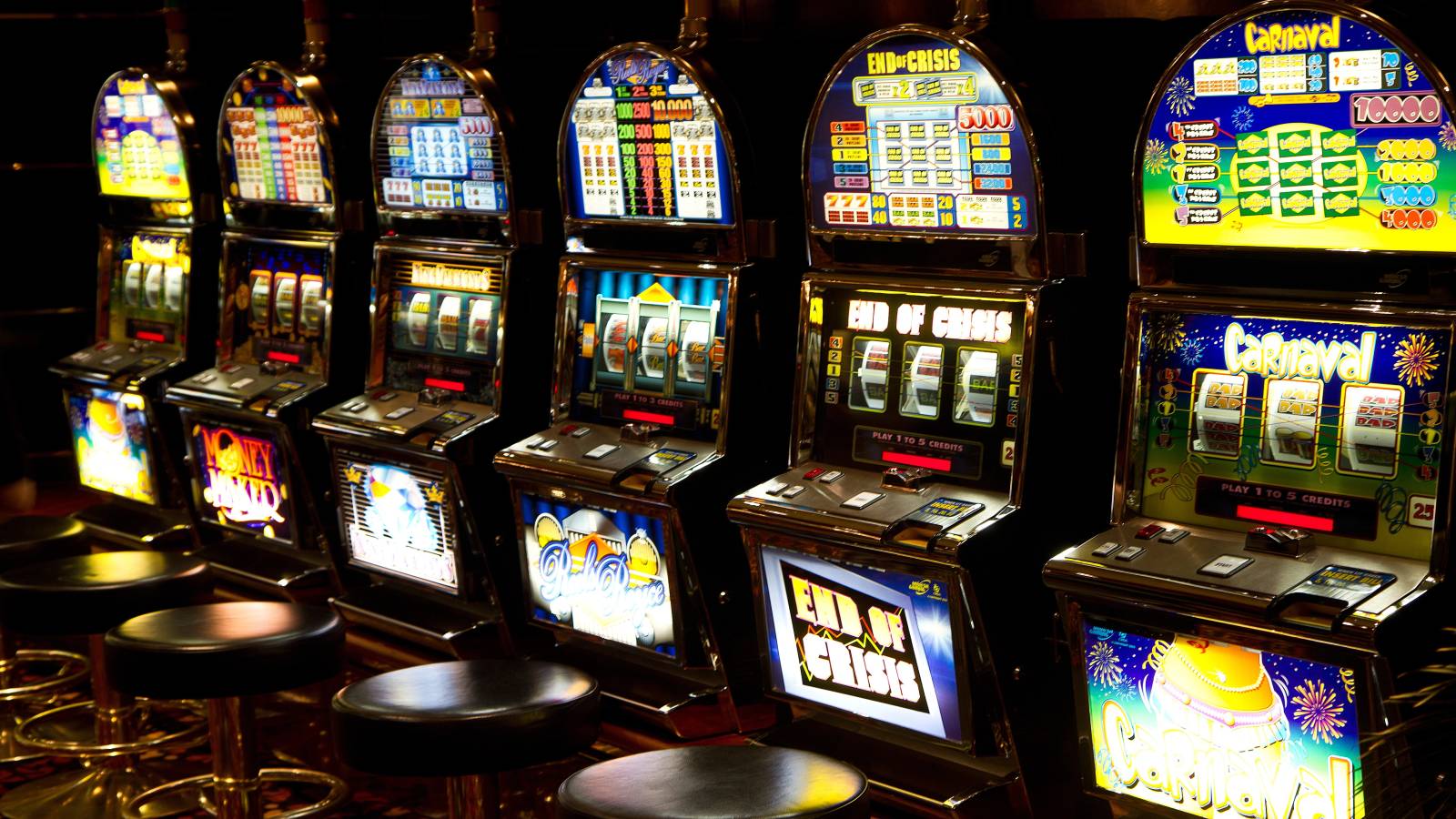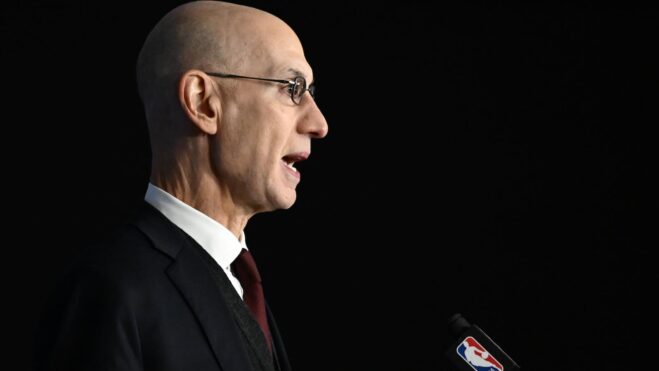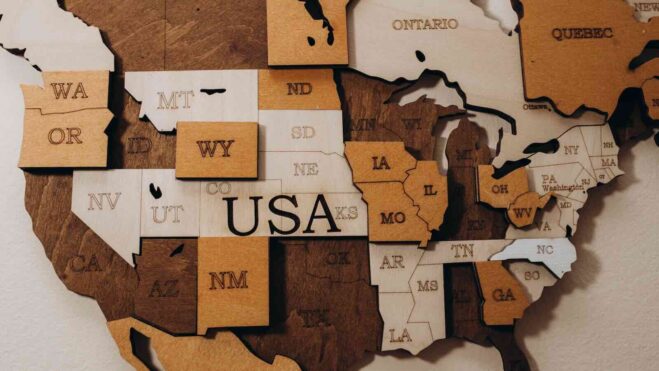Push To Raise IRS Reporting Threshold For Slot Winnings Gains Momentum
The IRS may respond favorably to lawmakers advocating to raise the IRS reporting threshold for slot machine winnings from $1,200 to $5,000.
2 min

Slot machine players across the U.S. may soon find themselves with a bit more to smile about following a visit to the casino. A push by lawmakers to raise the IRS reporting threshold for slot winnings may be getting support from the tax agency.
For decades, the IRS has maintained a threshold for taxable winnings from slot machines at $1,200. This means that any win exceeding this amount requires the casino to issue a Form W-2G, which both the winner and the IRS receive, and the winner must report these winnings as income on their tax return.
We urge you to follow the IRSAC’s recommendation and exercise your authority to raise the threshold for slot machine jackpot winnings to $5,000 and to consider periodic increases to the threshold based on inflation. Taking this action will align with the IRS initiative to strategically use data to improve tax administration and modernize tax reporting for our constituents.
— Chief Deputy Whip Guy Reschenthaler of Pennsylvania and Representative Dina Titus of Nevada
However, this long-standing rule is now under scrutiny, with the IRS Advisory Council (IRSAC) recommending an increase in the reporting threshold. Chief Deputy Whip Guy Reschenthaler of Pennsylvania and Representative Dina Titus of Nevada penned a letter to IRS Commissioner Danny Werfel in February, expressing their support for the IRSAC review.
Commissioner Werfel, as reported by Market Watch, has acknowledged the issue, stating that there is “serious” consideration being given to adjusting the threshold. This acknowledgment came during a House Appropriations subcommittee hearing on the proposed IRS budget on May 7. While the decision ultimately lies with the Treasury Department, Commissioner Werfel’s comments suggest that there is momentum behind the idea of reform.
The story behind the request
The current threshold of $1,200 was established in 1977, a time when a jackpot of such size was more significant than it is today. Adjusted for inflation, a $1,200 win in 1977 would equate to nearly $6,300 in today’s dollars.
This discrepancy has prompted lawmakers and industry advocates to push for a modernization of the tax reporting threshold for slot machine winnings. The argument is that the current threshold does not reflect the economic realities of today, leading to an excessive number of tax forms being issued and an increased administrative burden on both winners and casinos alike.
The IRSAC’s support is significant as it indicates a recognition of the need for the tax reporting system to evolve in line with economic changes. Moreover, the gaming industry, which stands to benefit from reduced regulatory burdens, has also expressed backing for the proposed reforms.
The push for change is not new; members of the Congressional Gaming Caucus have been advocating for an increase in the threshold for some time. They argue that the current system results in unnecessary paperwork and confusion for taxpayers, as well as additional bureaucratic processes for casinos.
Five decades in the making
A bipartisan group of lawmakers has even introduced legislation in an attempt to incite change. The Shifting Limits on Thresholds (SLOT) Act, introduced a year ago, proposes to raise the threshold to $5,000 and index it to inflation moving forward. However, it hasn’t seen much movement.
If the threshold were to be raised, it would represent the first such change in nearly half a century. The implications of this could be far-reaching, potentially reducing the number of W-2G forms filed each year, which currently stands in the millions. For slot machine players, it would mean the possibility of larger wins without the immediate tax implications. For the IRS, it could mean a more streamlined process that focuses on larger, more significant taxable events.
The consideration of such a change comes at a time when the IRS is looking to modernize and improve tax administration. Raising the threshold would not only align with inflationary trends but also with the broader initiative of using data strategically to enhance tax reporting and compliance. It’s a move that could simplify the tax process for individual taxpayers and align the tax code with contemporary financial realities.





